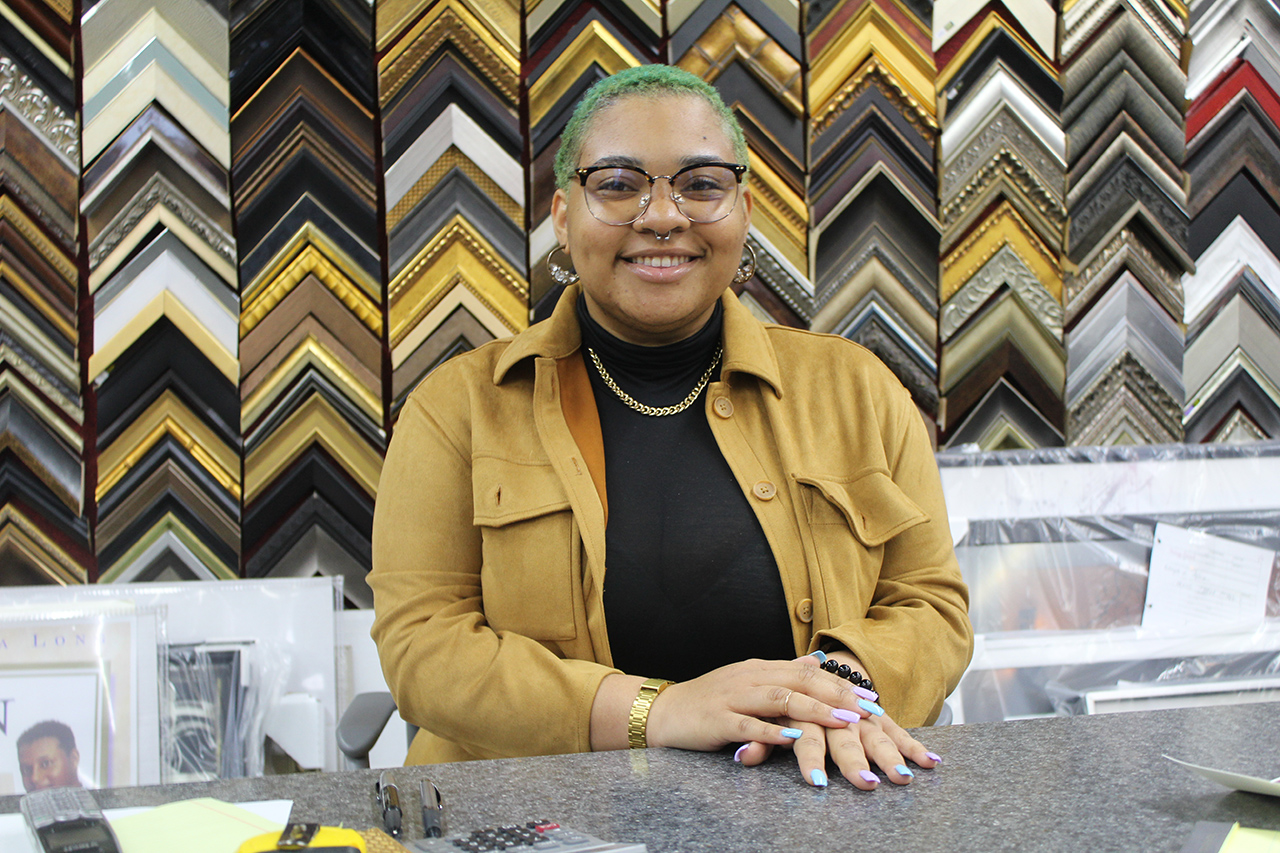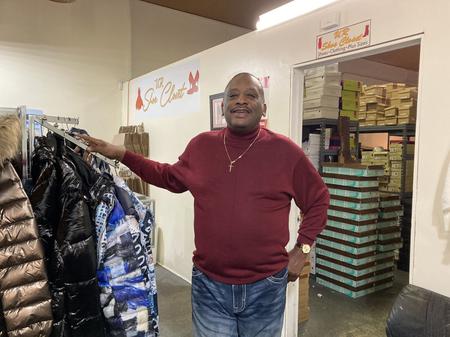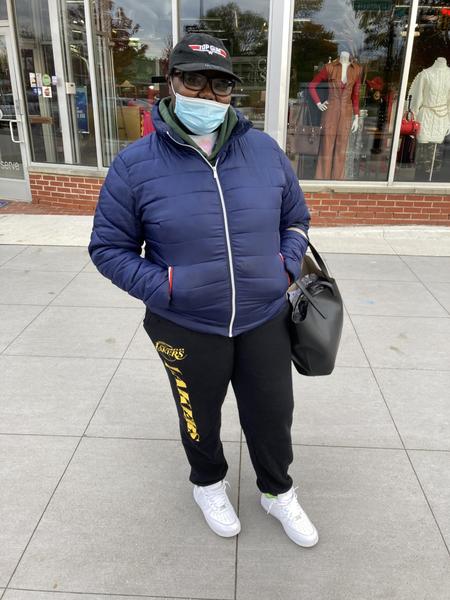Black Detroiters Weigh in on What They Hope a Reparations Task Force Will Endorse
Along the Avenue of Fashion, where there’s a large concentration of Black-owned businesses, owners, workers and customers say they want resources and training that lead to more equity and opportunity.

Reparations is the idea of making amends for a wrong. The concept is usually tied to slavery or other unfair treatment toward African Americans.
Conversations on reparations are happening across the country. The concept has gained traction in cities like Evanston, Illinois, where officials recently began a reparations program where eligible Black residents can get $25,000 to help buy or repair a home. But a bill advanced in the House several months ago has not been taken up for consideration by the full chamber even though it has the backing of some of the country’s most prominent Democrats.
“I just hope they do [the reparations task force]. Honestly, a lot of people say they’re gonna do things but never really see the outcome so I hope to see the outcome.” –Asia K, simplycasual clothing store
Detroit may soon have its own offerings. Voters overwhelmingly passed Proposal R earlier this month, greenlighting a City Council task force on reparations. The committee is meant to make recommendations for housing and economic development programs to address historic discrimination against Detroit’s Black community.
On the Avenue of Fashion on Detroit’s west side, the Livernois corridor is often touted as the largest concentration of Black-owned businesses in the city.

Rod Fletcher owns a store called UR Shoe Closet on the Avenue. He moved the shop there from Royal Oak about nine years ago “because I’m a Detroiter. I believe in Detroit,” he says.
In terms of economic development programs, Fletcher would like to see additional resources to support small businesses like his own.
“We need more things to drive customers to the area because the Avenue of Fashion is coming back,” Fletcher says. “But we need more advertisement about the Avenue of Fashion.”
Down the block and across the street is The Energy Zone, a raw juice shop that’s one of the newest additions to the Avenue. It’s a small shop with brightly painted walls.
Jackie Lang says she opened up the shop with her husband in June. As a business owner, Lang says she’d love more coaching for companies when they receive loans.
“If I get a loan for $100,000, but I don’t have anyone showing me how to use that $100,000 to make an additional $100,000 so I don’t have to pay that back, then it really can actually become more of a hindrance than it can a benefit,” Lang says.
Up the street, Daejona Gordon sits at a counter inside Jo’s Gallery. Her short green hair adds to the kaleidoscope of colors in the space. The Black-owned business sells African artifacts, jewelry and work by local artists. Gordon, a gallery assistant, says she’d like to see more investment in skilled trades programs.

“I think right now, with college being so expensive, and with inflation, I think that trades are more conducive to the advancement of Black people,” Gordon says. “But also not to discourage college graduates, because I’m also a college graduate.”
Gordon’s colleague, Mia Elzy, says she’d like the reparations committee to suggest free and improved public transportation.
“I know that we’re known as the Motor City, but public transportation kind of cuts our carbon footprint down, and also helps more people, lower-income people, be able to get around the city,” Elzy says.
Walking down the Avenue on her way to grab a bite to eat, Cierra Washington says nothing immediately comes to mind when asked about reparations programs she’d like to see. But she says she supports the idea of direct cash payouts, which is still on the table according to Mary Sheffield, the Detroit councilmember behind Prop R.
“I think that’s a good idea. Because Black people, we don’t really get as much. So it will be good for some people of color to have the opportunity,” Washington says.
At simplycasual, a clothing shop, stylist Asia K says it’s not about what reparations are proposed, but whether or not the city actually implements the task force’s recommendations.
“I just hope they do it. Honestly, a lot of people say they’re gonna do things but never really see the outcome so I hope to see the outcome.”
First things first, the committee needs to be established. To do that, City Council will need to pass a resolution to establish the task force. That’s expected to happen in January 2022.
Listen: What should Detroit’s task force on reparations focus on? Detroit business owners, workers and residents share what they’d like to see.
Trusted, accurate, up-to-date.
WDET strives to make our journalism accessible to everyone. As a public media institution, we maintain our journalistic integrity through independent support from readers like you. If you value WDET as your source of news, music and conversation, please make a gift today.
